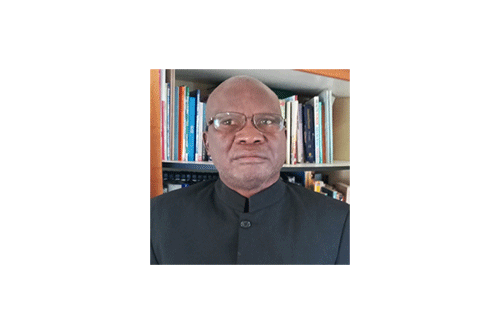We have seen and witnessed the campaigning process of many political parties in Namibia since 1989. There have been many promises made in the process, which came to non-fruition. This time around, the ruling party has made itself more democratic by dispatching its members into the regions to contest against one another.
This is perhaps the dawn of a new political system in the party, despite some cracks within its ranks. However, both candidates would have addressed the same audience one after. In this way, the electorate would be given time to listen to all candidates and make their decision and choice outright. This system will minimise the antagonisation of the whole campaign process, which normally engulfs the masses and the electorate.
The process adopted by the ruling party makes one openly see the party members who support a particular candidate, which might lead to remote tension. Party members may argue that this is healthy for democracy, as the electorate has the right of choice. Whatever people out there think, the democratic process has brought hope for other parties.
Whereas the vice-presidential hopefuls enjoyed the limelight in the regional capitals, one would have thought that they were supposed to insist on visiting the rural areas where services are in short supply. In the Sibbinda constituency of the Zambezi region, most services like water for livestock and human beings are hard to come by.
These candidates were supposed to be taken around to see for themselves the plight of the people and their livestock. This could equally open their eyes and see the reason the ruling party is not fairing very well in the constituency. The politics of buying the electorate with few tokens are gone and maybe gone forever because many people want services and projects for themselves and their children. Landing at Mpacha Airport and be driven around in Katima Mulilo town without touching places like Muzii, Kasika (where the Botswana Defence Force is killing our people), Sauzuo (where elephants are a menace destroying crops every year), Ngonga, Singalamwe (where the Old Man and hero of the liberation struggle, Office Chisozu resides) and many places was not enough.
Our politicians should learn to go out there and get the real feeling of poverty and lack of basic services faced by the ordinary people in the villages. Of course, these politicians are less concerned about the plight of the region like Zambezi because people in the northern regions are comfortable as these services are readily available.
It is through visiting the remote areas that politicians will know the beliefs, norms and values of all Namibians, which are crucial for unity in diversity. Lamb (1985) in his book, “The Africans,” maintains that African leaders have done very little to convince their people that nationhood offers more benefits. Equally to blame are the regional leaders of political parties who want to be seen around the candidates and be in the limelight vying for luxury seats when their masters lend in state house.
The vice presidential hopefuls should also visit these remote areas to be able to compare the development made in different parts of the country. It is true that regions are given budgetary allocations, but whether the money is used appropriately is another question. It is also true that standing committees occasionally visit the regions for various reasons, but it is important that when politicians are in the region, they should find time to visit project sites to familiarise themselves with the progress made in such areas. It is equally important to get information directly from the grassroots by exposing the gross inequalities prevalent in our communities. There is a burning issue in the Zambezi region now of livestock theft, and one wonders whether these politicians are aware of such plight.
Herds of cattle are driven into Zambia, and in most cases disappear forever ending up in the abattoirs of Senanga, Mongu and Lusaka. Is it impossible for these politicians to make a courtesy call at the Sesheke District Commissioner’s office and exchange ideas on how to handle this situation? Going through diplomatic channels is appropriate, but there is a time when one can try to shorten this route. Many Namibian politicians have sojourned in Zambia and surely can understand both the Namibian and Zambian situations to live neighbourly.
What the vice-presidential hopefuls are trying to tell the people now, may translate into actions when they take the presidential mantle. This may equally earn their party some votes they lost in the last elections. Trying to use force or deny the electorate some benefits they know are rightfully theirs, will not persuade them to vote for the ruling party. People have gone the same route while fighting for independence, in which the South African racist system oppressed and even killed people to try and sustain their grip on the country, but it did not work.
In Africa today, many political parties of the old order are crumbling and never to be resuscitated because of poor service delivery, oppressing and discriminating against its electorate. The more politicians deny the citizens their basic rights and services, the more they will move away and seek solace elsewhere. Politicians should know that people are becoming enlightened and have come to know that they are taxpayers and entitled to these services.



